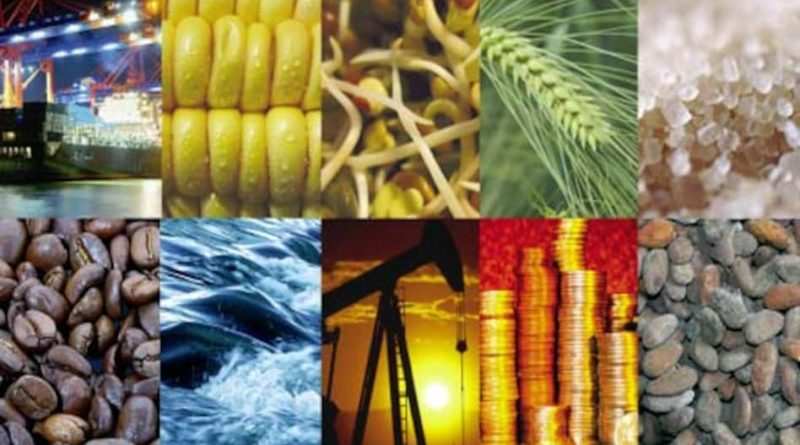Understanding Concept Of Commodity Trading In India
Most investors consider only the stock market for their investing and trading needs. Equities and Mutual Funds are the preferred routes for several investors.
Nevertheless, financial markets have other options to offer as well. Trading in commodity markets has grown significantly in the recent past. Earlier, what may have appeared as a daunting task to many has now become relatively manageable with the digitalization of markets and the emergence of online trading.
So, what is commodity trading?
Like in the stock markets, as the trading is done on the stocks of listed companies, commodity markets offer trading platforms for physical assets.
There are broadly four categories in which the commodities are traded:
-
Bullion – Gold, silver.
-
Energy – Crude oil, Natural Gas.
-
Base metals – Aluminium, Copper, Brass, Nickel, Lead Zinc.
-
Agriculture – Wheat, Black Pepper, Cardamom, Castor seed, Cotton, Rubber, Coffee, etc.
How does commodity trading work in India?
Demand and supply in the market results in price changes of these goods. Traders aim to benefit from price fluctuations while trading in the market. Commodities can be traded by you directly or through the F&O route. Various commodity exchanges in India are as follows:-
1. Multi Commodity Exchange of India.
2. National Commodity and Derivatives Exchange.
3. National Multi Commodity Exchange of India.
4. Indian Commodity Exchange.
To start trading, you need a Demat account. The Demat account needs to be linked to your bank account to facilitate the deposit and withdrawal of funds. Most top Brokers offer this facility today for commodity trading.
Why is commodity trading gaining popularity?
Some noteworthy features due to which more and more traders are turning to commodity trading are mentioned below:-
-
It allows you to diversify your portfolio.
-
Since the markets are liquid, it is easy to buy and sell.
-
Online trading has ensured ease of operations and transparency in the commodity market.
-
It is considered solid protection against inflation.
Some important points to note while trading in commodities
-
Many factors impact the price of commodities – some of these could be uncertainties that are difficult to predict. Weather changes, diseases, political happenings, many such events have a bearing on the prices. Thus, you should be well aware and informed about these factors.
-
Leverage accorded by brokers is high. This can give good rewards, but at the same time, cause potential losses if positions go against the trend. So, it would help if you took up trading judiciously, considering all factors.
-
Commodities trading is associated with high volatility. Care should be taken of this factor while trading.
Final takeaways
Commodities help you vastly in mitigating your risk and expanding your portfolio base. Speculators and hedgers mostly take up commodities trading.
Retail participation has increased in this type of trading over the years. Even participants from Tier-2 and Tier-3 cities are taking up trading in these financial instruments. You can also be a part of this journey, provided you have done the required research on the subject.




